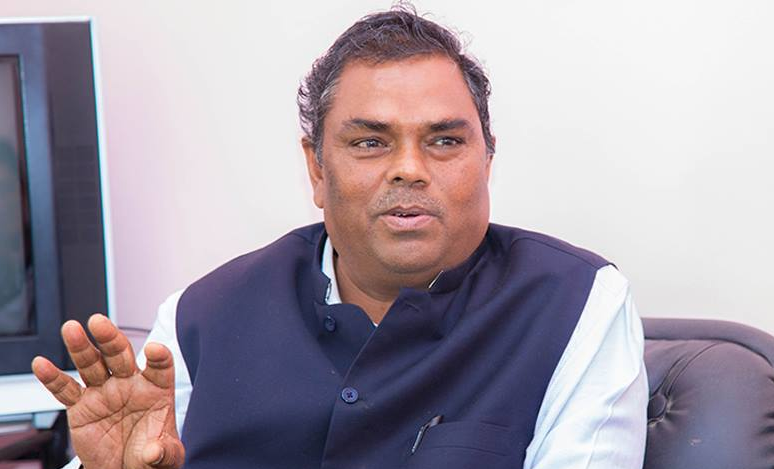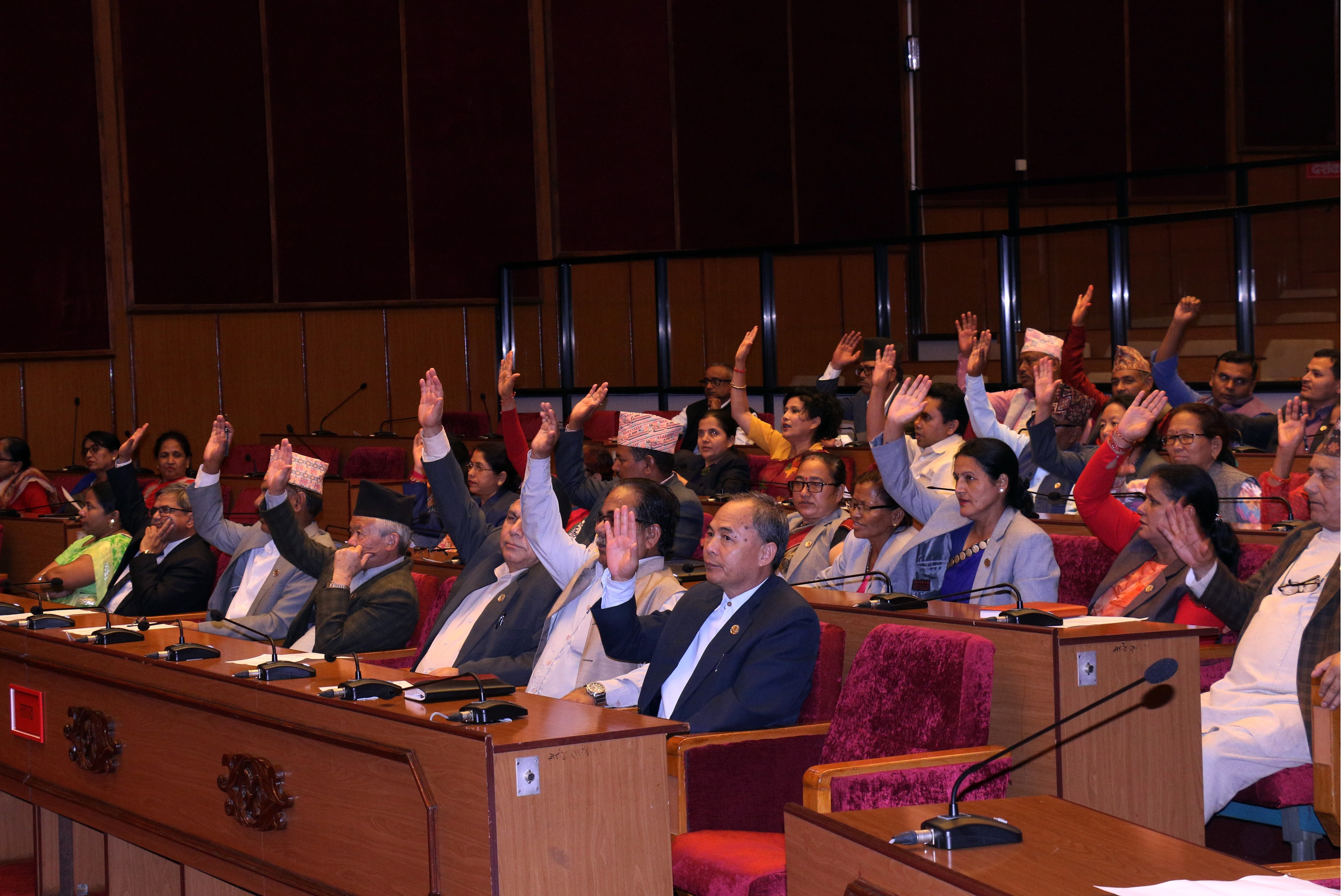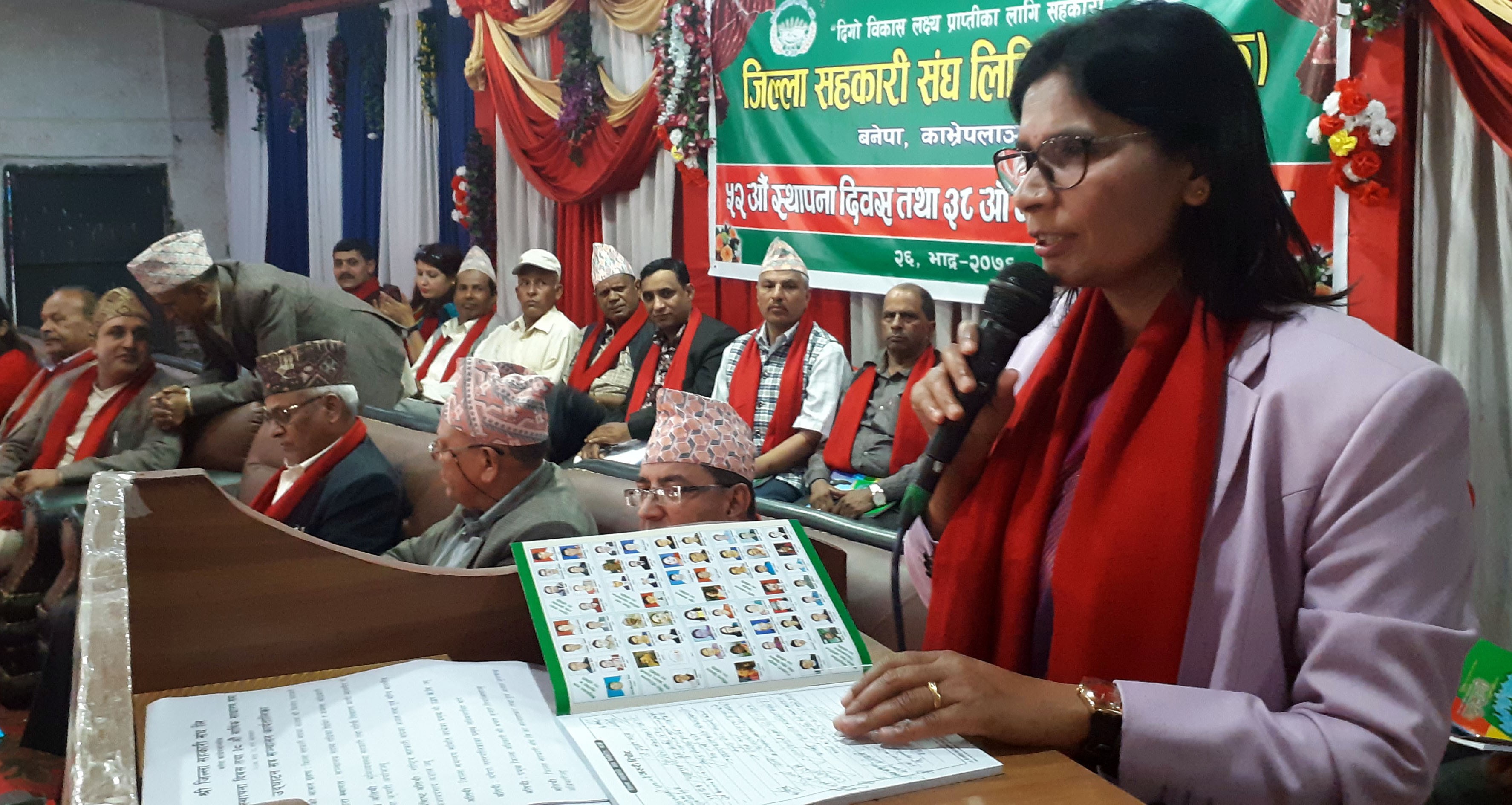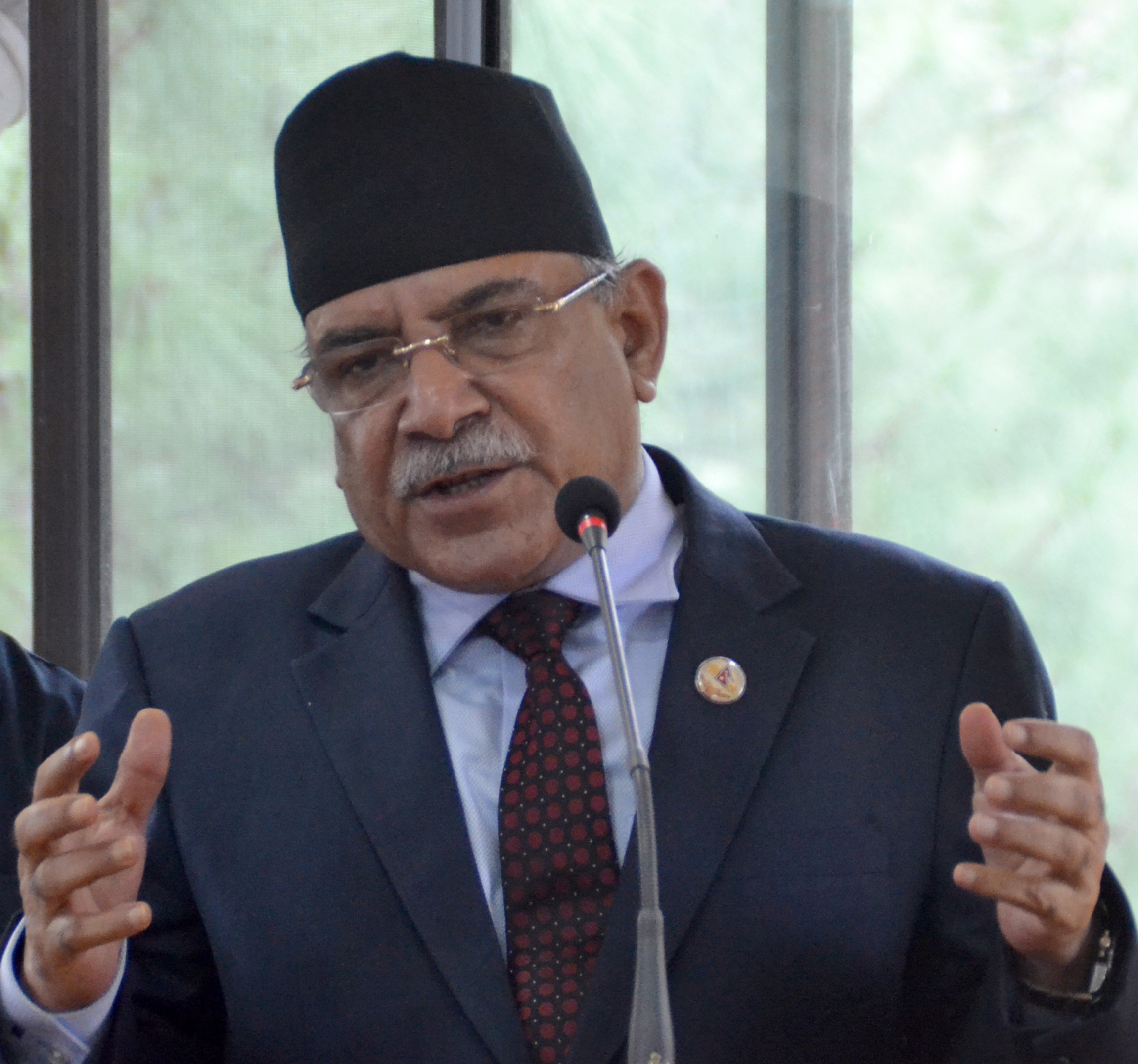Workers denied full payment for month of Chaita

Kathmandu, May 27 : Most employers in the industrial sector are found to have failed to standby their commitments to fully pay workers for the month of Chait (March-April).
They failed to live up to their promises to provide the remuneration of the entire month in the wake of the announcement of the COVID-19 lockdown since March 24.
A rapid survey conducted by the General Federation of Nepalese Trade Unions (GEFONT) suggests that a large number of workers were denied payment in the aftermath of lockdown. The survey was focused on identifying and assessing issues facing workers due to the COVID-19 crisis.
The survey indicates that 42.1 percent workers were denied full payment in the month of Chait. Besides, workers associated with 50 percent of enterprises which had paid workers fully in March-April were left to go home unpaid in the month of Baisakh (April -May).
The survey includes 323 enterprises ranging from industries, hotels, construction companies, private schools, textiles, garments to health institutions from Biratnagar in State-1 to Kailali in Sudurpaschim State.
The survey revealed that only 31.57 enterprises had provided full payment to workers in March-April while 7.43 percent had paid partially and 18.88 percent paid workers as advance which needs to be adjusted in later months.
Those enterprises failing to live up to their promises said they would take up the matter into consideration only after discussions with trade unions and the budget announcement. Some of them said they could pay workers only fifty percent or by reducing in the pay roll, according to participants involved in the survey.
Majority of enterprises not listed in Social Security Fund
Majority of enterprises including in those in the survey are not listed in the Social Security Fund.
It is known that 49.22 percent have just registered in the Fund and of them, 21.36 percent have their workers listed in the Fund. The percent of enterprises having contribution to the Fund is just 10.52 percent.
Only 17.64 enterprises (drugs manufacturing companies, food and beverage-related industries, some construction companies and health institutions) had remained fully operational during in the aftermath of lockdown while 13.63 percent had remained partially operative and 68.73 percent industrial and service-oriented enterprises are totally closed.
GEFONT has called on the government to make sure the payment to workers and contribution to the Fund before deciding to give tax exemption, fine waive off, or discount in interests or other sorts of facilities to any enterprise. It has sought legal provisions making the payment to workers mandatory.
It has advised the government to create atmosphere for resuming enterprises by maintaining social distancing and adopting preventive measures against the coronavirus.
Recent News

Do not make expressions casting dout on election: EC
14 Apr, 2022
CM Bhatta says may New Year 2079 BS inspire positive thinking
14 Apr, 2022
Three new cases, 44 recoveries in 24 hours
14 Apr, 2022
689 climbers of 84 teams so far acquire permits for climbing various peaks this spring season
14 Apr, 2022
How the rising cost of living crisis is impacting Nepal
14 Apr, 2022
US military confirms an interstellar meteor collided with Earth
14 Apr, 2022
Valneva Covid vaccine approved for use in UK
14 Apr, 2022
Chair Prachanda highlights need of unity among Maoist, Communist forces
14 Apr, 2022
Ranbir Kapoor and Alia Bhatt: Bollywood toasts star couple on wedding
14 Apr, 2022
President Bhandari confers decorations (Photo Feature)
14 Apr, 2022











